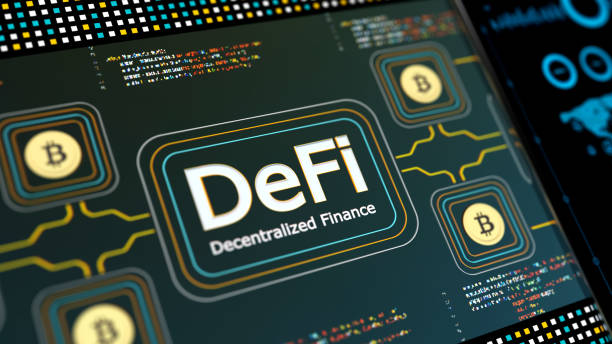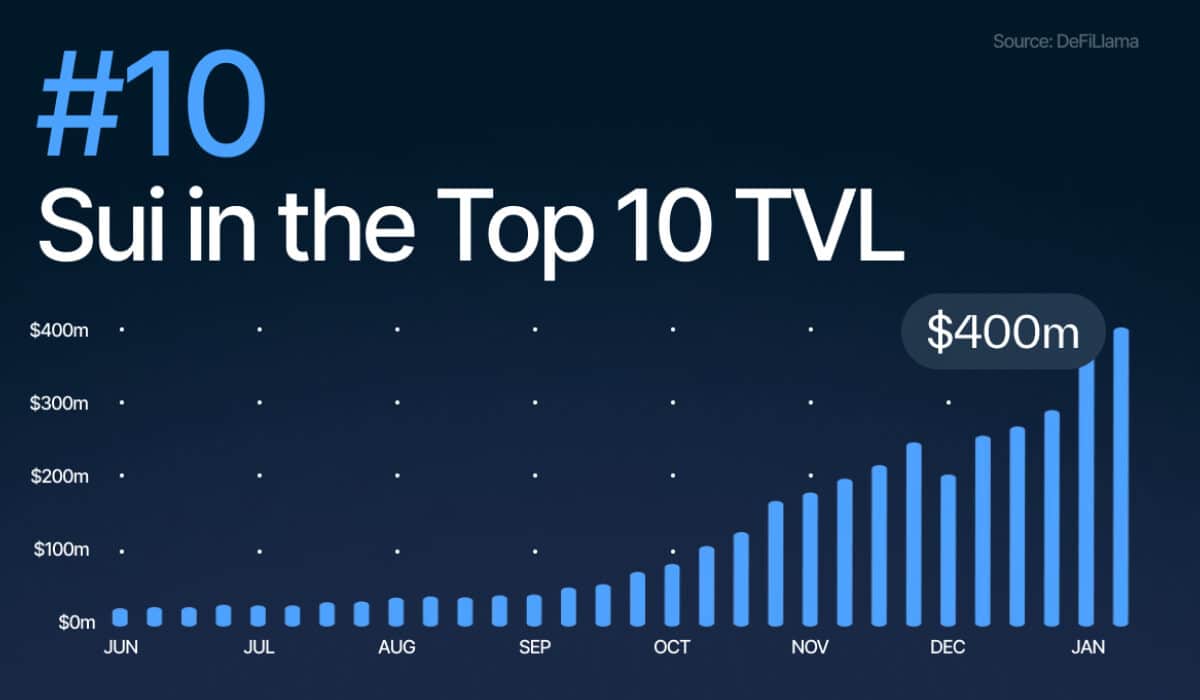In the sizzling DeFi landscape of 2025, where decentralized finance protocols lock billions in value, one founder turned a napkin sketch into a $10M Total Value Locked (TVL) protocol in just 270 days. With no prior blockchain experience, they crafted a lending platform that rivaled giants like Aave. This guide walks you through their exact playbook—clear, actionable steps to build your own DeFi protocol, plus free templates to jumpstart your journey. Ready to create the next big thing in crypto? Let’s dive in!

What Is a DeFi Protocol?
A DeFi protocol is a decentralized application (dApp) built on a blockchain, like Ethereum, that offers financial services—lending, borrowing, or trading—without intermediaries. TVL measures the total assets locked in the protocol, a key success metric. In 2025, DeFi protocols are thriving, with Ethereum’s TVL exceeding $200B. This case study follows a founder who launched a lending protocol, achieving $10M TVL in nine months.
Why build one? DeFi protocols tap into a booming market, offering innovation and profit potential with minimal startup costs.
The Founder’s Journey: From Whitepaper to $10M TVL
In March 2024, a 30-year-old entrepreneur with a finance background but no coding skills drafted a whitepaper for a DeFi lending protocol. Starting with $15,000, they built a platform that hit $10M TVL by December 2024. Here’s their step-by-step path to success.
Step 1: Crafting a Compelling Whitepaper
The founder’s first move was writing a whitepaper to outline their vision: a DeFi lending protocol offering low-interest loans with flexible collateral. They used a template from ConsenSys and studied Aave’s whitepaper on Aave. Key elements included:
- Problem: High collateral requirements in DeFi lending.
- Solution: A protocol using dynamic collateral ratios.
- Tokenomics: A governance token incentivizing user participation.
They shared the draft on Reddit DeFi for feedback, refining it over two weeks.
Template: Download our DeFi Whitepaper Template to structure your idea.

Step 2: Learning DeFi and Blockchain Basics
Without technical expertise, the founder learned enough to guide their team:
- Smart Contracts: Studied Solidity basics via Solidity Docs.
- DeFi Mechanics: Explored protocols on DeFi Pulse.
- Web3 Development: Took free courses on Dapp University.
One month of self-study equipped them to collaborate with developers effectively.
Step 3: Assembling a Team
The founder used $10,000 of their budget to hire:
Solidity Developers
Two freelancers from Upwork for $6,000 to code smart contracts.
UI/UX Designer
A designer from Fiverr for $2,000 to create a user-friendly dApp interface.
Advisor
A DeFi expert from LinkedIn for $2,000 to ensure protocol security.
They managed the team via Trello, keeping costs lean.

Step 4: Developing the Minimum Viable Product (MVP)
The MVP, launched in June 2024, was a basic lending dApp on Ethereum. The team:
- Used Open-Source Tools: Alchemy for blockchain integration.
- Ensured Security: Conducted initial audits with OpenZeppelin.
- Tested on Testnet: Deployed on Ropsten Testnet to fix bugs.
The MVP offered 4% interest loans to 100 beta users, costing $12,000 total. Feedback from Discord improved the UI.
Template: Download our DeFi MVP Checklist to streamline development.
Step 5: Raising Funds
To scale, the founder raised $300,000:
- Pitch Deck: Built a pitch using Canva, showcasing MVP traction.
- VC Funding: Pitched to Web3 investors like Andreessen Horowitz at virtual summits.
- IDO: Launched an Initial DEX Offering on Uniswap, raising $100,000 via token sales.
Funding fueled marketing and team expansion by August 2024.

Step 6: Launching and Marketing
The protocol launched publicly in September 2024, targeting crypto-savvy users. Marketing included:
- Social Media: Shared updates on X, gaining 15,000 followers.
- Influencers: Partnered with DeFi YouTubers for tutorials.
- Community: Built a 7,000-member Discord server with weekly AMAs.
By October 2024, the protocol had 3,000 users and $2M TVL.
Step 7: Scaling to $10M TVL
In 2025, DeFi adoption surged, with Ethereum’s price at $8,500. The founder scaled by:
- New Features: Added staking and yield farming using Chainlink oracles.
- Cross-Chain Support: Integrated with Polkadot for interoperability.
- Security Upgrades: Audited contracts with CertiK.
By December 2024, the protocol reached 12,000 users and $10M TVL, driven by 0.5% loan fees and staking rewards.

Proven Strategies for 2025
The founder’s success rested on three strategies:
1. Address a Market Gap
Target underserved niches, like low-collateral lending, validated via Reddit.
2. Prioritize Security
Use audited contracts from OpenZeppelin to build trust.
3. Engage the Community
Foster loyalty through X and Discord transparency.
These principles drove rapid growth.
Lessons Learned
Challenges shaped the founder’s approach:
- Regulatory Compliance: Hired legal help from DLA Piper for KYC/AML.
- Team Coordination: Used Slack to streamline communication.
- Market Dips: Diversified features to stabilize TVL.
“Every setback was a setup for growth,” they said.
Tips for Beginners in 2025
Ready to build your DeFi protocol? Start here:
- Research Thoroughly: Use DeFi Pulse to analyze trends.
- Start Lean: Build an MVP for $10,000-$15,000.
- Network: Join Discord DeFi communities.
- Secure Code: Audit with CertiK.
Begin small, test fast, and scale smart.
Template: Download our DeFi Launch Plan Template to map your strategy.

Risks of Building a DeFi Protocol
DeFi isn’t risk-free:
- Security Breaches: Smart contract bugs can lead to hacks.
- Regulations: Evolving laws may impose restrictions.
- Competition: Giants like Uniswap dominate the market.
Mitigate with audits, legal advice, and unique features.
Resources for Learning More
Ready to launch? Check these resources:
- DeFi Basics: Alchemy for developer tools.
- Market Data: DeFi Pulse for TVL insights.
- Development: Dapp University for tutorials.
- Communities: Reddit and Discord.
Knowledge is your protocol’s backbone.
Conclusion
Building a DeFi protocol from a whitepaper to $10M TVL in 270 days is no fantasy—this founder’s journey proves it’s achievable. By crafting a clear vision, assembling a lean team, and scaling with community trust, they conquered the 2025 DeFi boom. Use their strategies, grab our free templates, and start your own protocol. What’s your DeFi idea? Share it in the comments below!






















